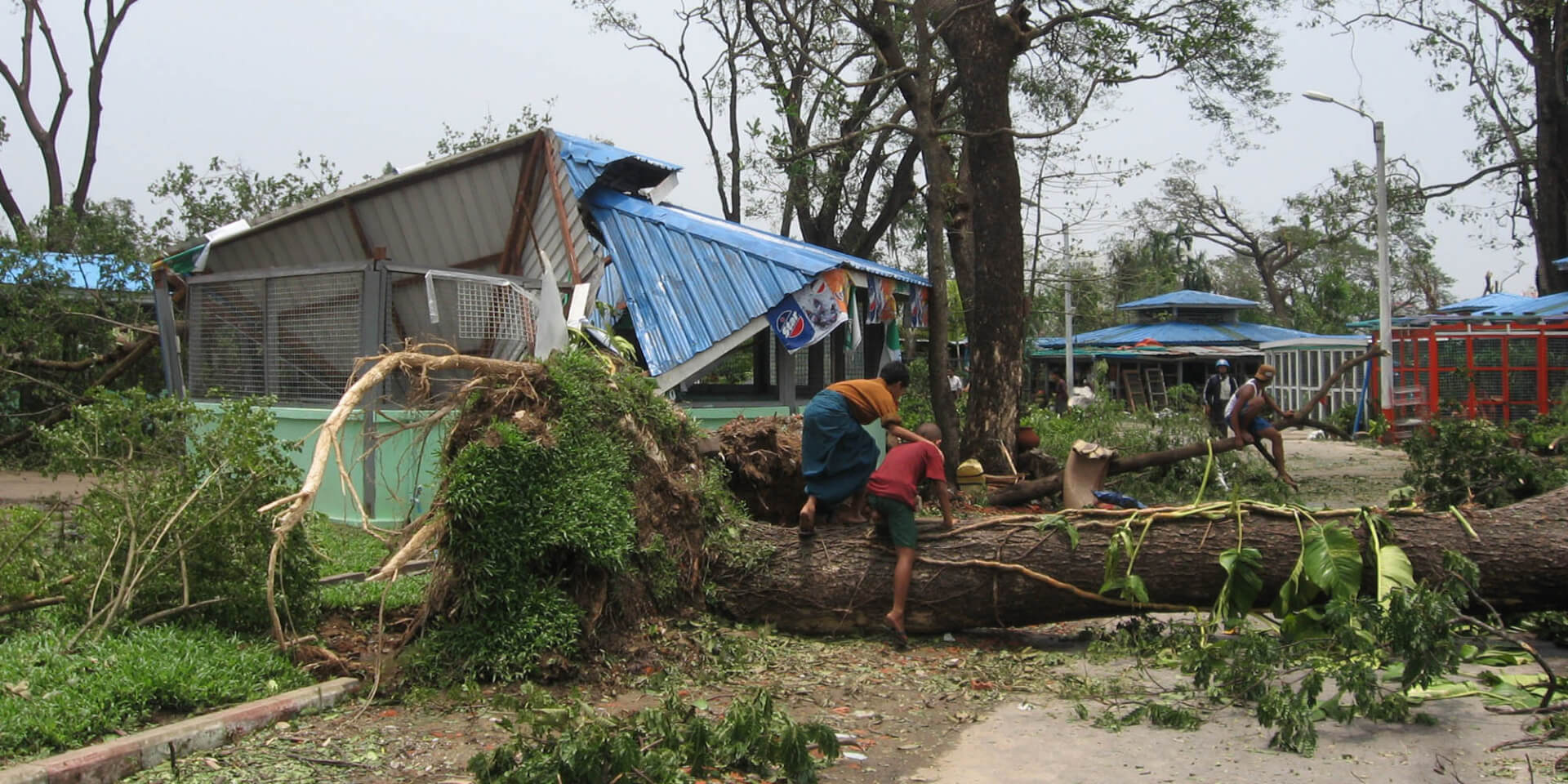
This blog is part of a series of perspectives from ISC Fellows and other members of the ISC’s network on the United Nations Climate Change Conference (COP27), which takes place from 6 to 18 November 2022 in Sharm El Sheikh, Egypt.
The situation is desperate. We have heard in the last few days from the UN’s environment agency that there is “no credible pathway to 1.5 degrees C in place”. The consequences: continued ravages in the form of floods, extremes of temperature, and worse.
The assessment that we are approaching the point of irreversible changes, if this has not already been reached, surely ought to galvanize all sectors, most importantly governments, to take the kinds of dramatic actions that have been wanting, notwithstanding continued urging and pleading from scientists and civil society.
The alternative, of succumbing to paralysis or a feeling of impotence, is simply not acceptable. In particular, it is not an option for those communities, mostly in the least developed countries, who right now are most vulnerable to the threats posed by climate change: the 680 million people living in low-lying coastal areas, as well as the countries which are home to 90% of the world’s low-lying rural poor and are under greatest threat as a result of sea level rises.
Catastrophic flooding in Pakistan has killed more than 1,500 people and affected 33 million, washing away entire villages. Life-threatening illnesses and diseases are now spreading among displaced communities already struggling with economic and political instability.
The transitions to a low-carbon society have been far too slow, and climate finance commitments such as the Least Developed Countries Fund (LDCF) badly lagging in the step from promise to funding flows.
What can be done to ensure the kinds of action that have so far not taken place, or have done so too slowly? We cannot afford to throw up our hands and do nothing. We have seen examples of concerted, even if imperfect, action by governments in relation to COVID-19. Another example, closer to climate, is the concerted action by governments to curtail the use of chlorofluorocarbons or CFCs, following the incontrovertible evidence of the hole in the ozone layer. So it is possible for governments to take resolute, collective action, and the calls for such action must continue.
The scientific community in particular must be vocal and steadfast in laying bare the realities of the climate crisis and of our current precipitous state, and must challenge governments to move from commitment – or worse, indecision – to action. Many of the desired actions aimed at a low-carbon sustainable and equitable future will require collaboration among governments, and between the political and civil sectors of society. International bodies such as the ISC, with its growing links to and recognition within the intergovernmental system, and its commitment to multilateralism, is in the special position of being able to engage in the kind of science diplomacy that will bring the essential step of meaningful international and relevant cooperation closer to realization.
At the same time the scientific work must continue. Activities in extreme event attribution are vital to estimating the number and intensity of extreme weather hazards that are caused by anthropogenic climate change, and for developing preventive and mitigating strategies. It is important that this invaluable mathematical and statistical research continue, that it grows in scope, and that the message be driven home by constantly bringing its results to the attention of governments and broader society.

Professor Emeritus of Applied Mathematics at the University of Cape Town (UCT), South Africa, ISC Inaugural President 2018-2021, ISC Fellow.
Image by Ground Report via Flickr.